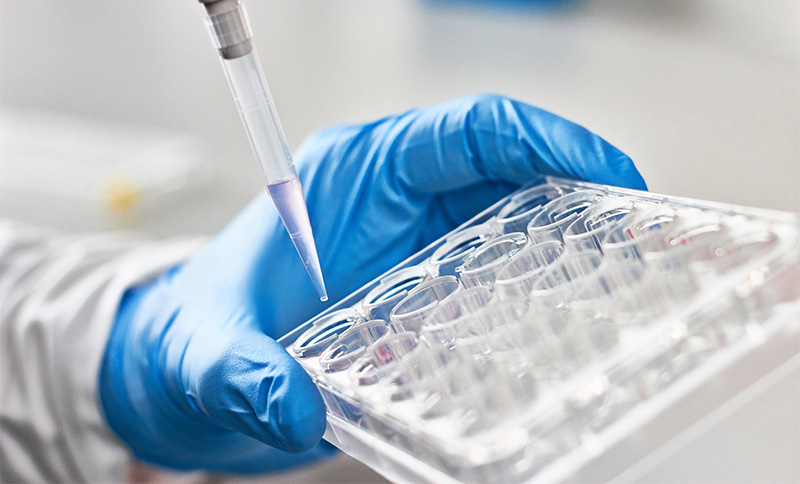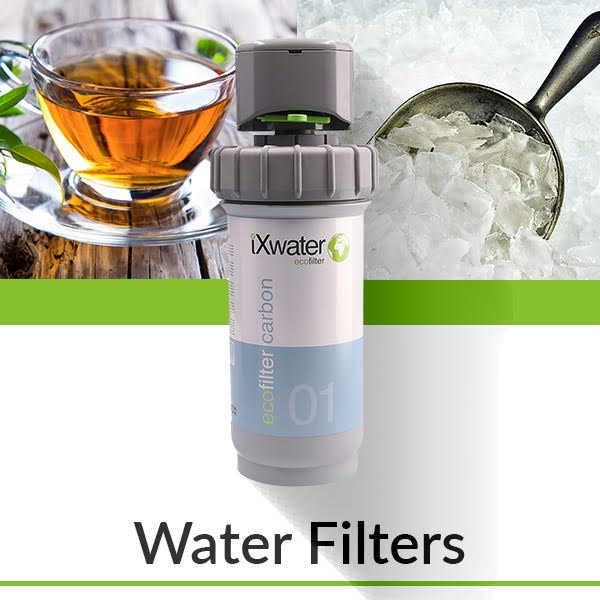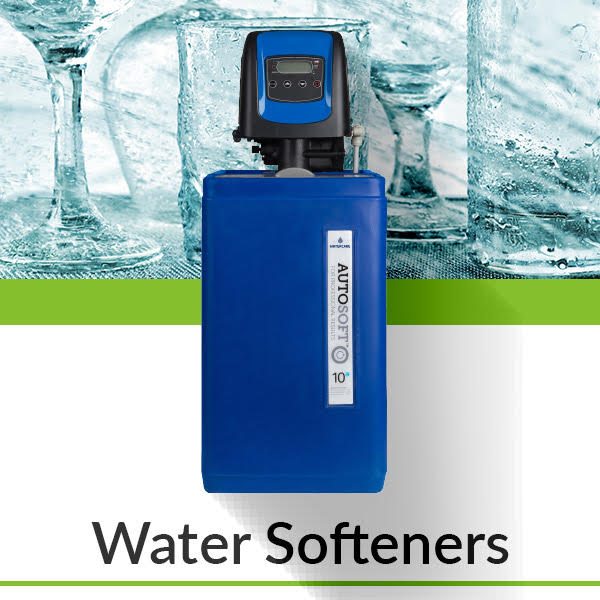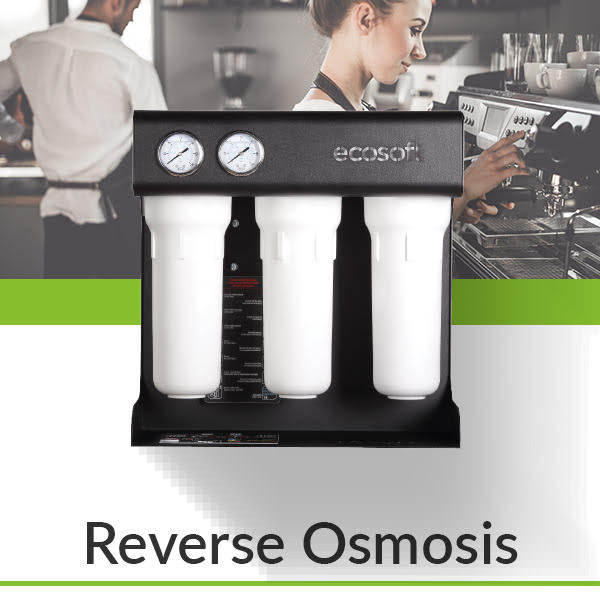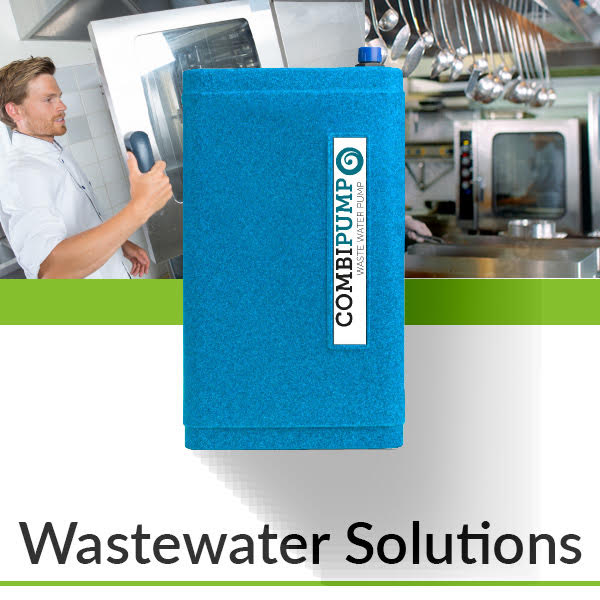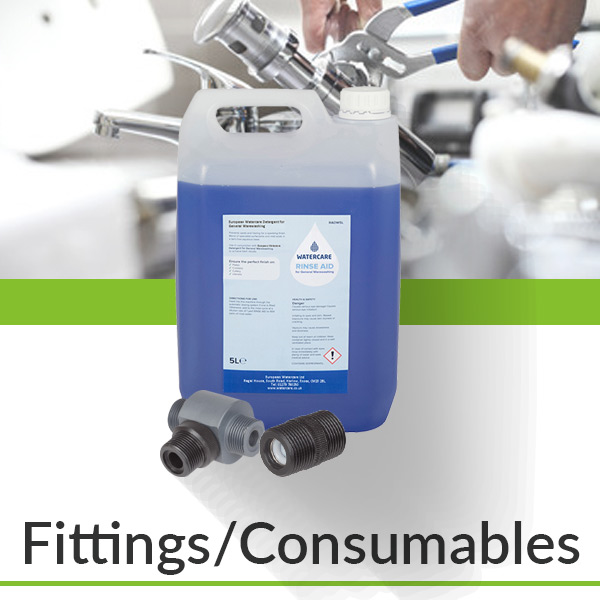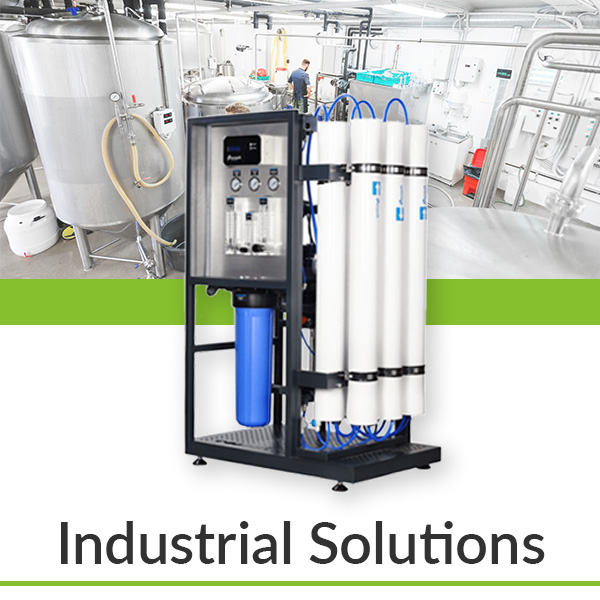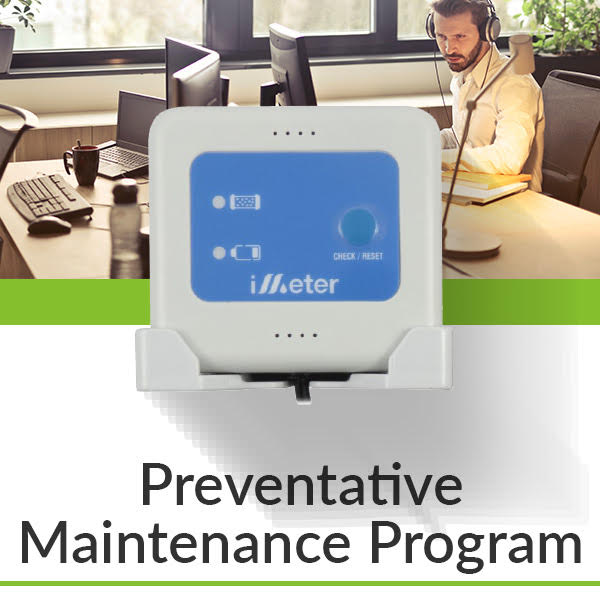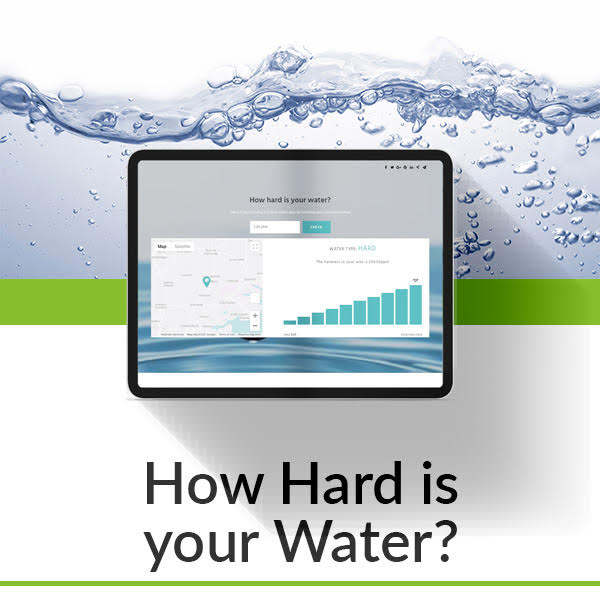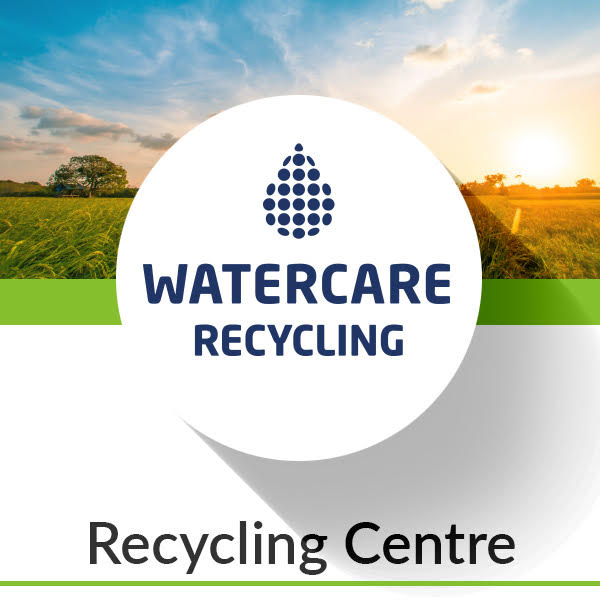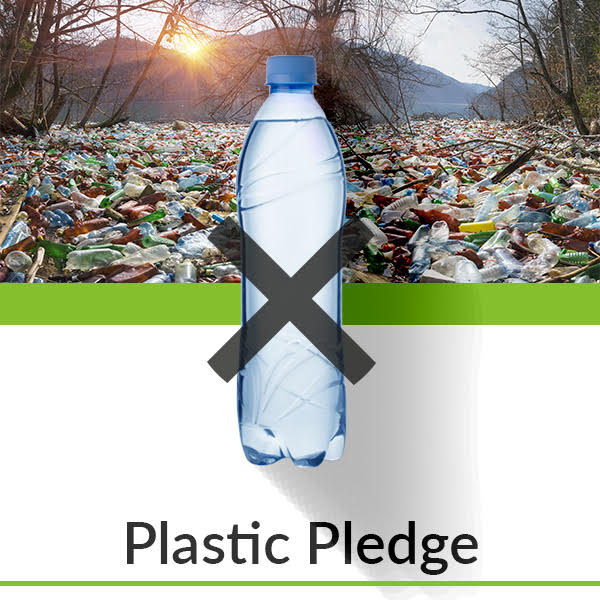WATER TESTING & ANALYSIS
Water Hardness Criteria.
Water hardness is measured by the number of dissolved minerals it contains (parts per million – ppm). A measurement of under 60ppm is considered to be soft water, while 180ppm and over is considered hard water. The more Calcium and Magnesium found to be in the water, the harder the water is. Water Hardness and TDS (Total Dissolved Solids) is measured in either mg/l (PPM), Clark Degree, and Microsiemens.
Free Water Testing.
Ask us for a water testing kit to check the quality of water on your site or in your kitchen, return in the free-post envelope and we will provide you with an analysis reporting the make-up of water and our recommendations for treatment and protection.
Our tests will provide you with detail on; total hardness (PPM), temporary hardness (PPM), pH level, iron, silica, chloride content (mg/l).
RESEARCH & DEVELOPMENT
We pride ourselves at being at the forefront of water treatment technology and have a dedicated manufacturing facility and laboratory where we can design, build and test our innovative products before bringing to market.
Our UK headquarters manufacturing, warehousing and recycling facility in Essex provides all your water treatment solutions and services under one roof. Our systems, manufacturing and environmental standards have attained ISO 9001, 14001 & 45001 certification.

WATER TESTS EXPLAINED
Water samples are tested in our laboratory using several methods, depending on the physical and chemical properties to be determined.
Total Hardness
The sum of permanent hardness and temporary hardness. Our recommended maximum total hardness no more than 60 ppm. This is determined by titration with EDTA solution and an indicator.
Temporary Hardness
The hardness caused by presence of Calcium and / or Magnesium Bicarbonates.
- For sites with Coffee machines you would typically look for a Temporary harness of around 80ppm. Check with your Coffee provider for best results.
- For sites with Steam ovens you will need a Temporary hardness lower than 40ppm.
- For sites with Glass washers or Ice machines you will need a Temporary hardness lower than 20ppm
- Determined by titration using dilute Sulphuric Acid and Bromcresol-Green-Methyl-Red indicator.
Permanent Hardness
Hardness caused by metal sulphates, eg: Magnesium Sulphate and Calcium Sulphate, as well as the only very slightly soluble Calcium and Magnesium Carbonates.
Determined by the equation:
Permanent hardness = Total Hardness – Temporary Hardness
